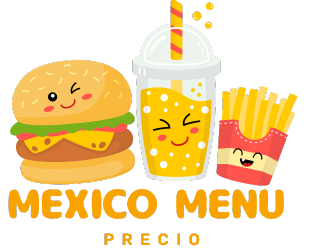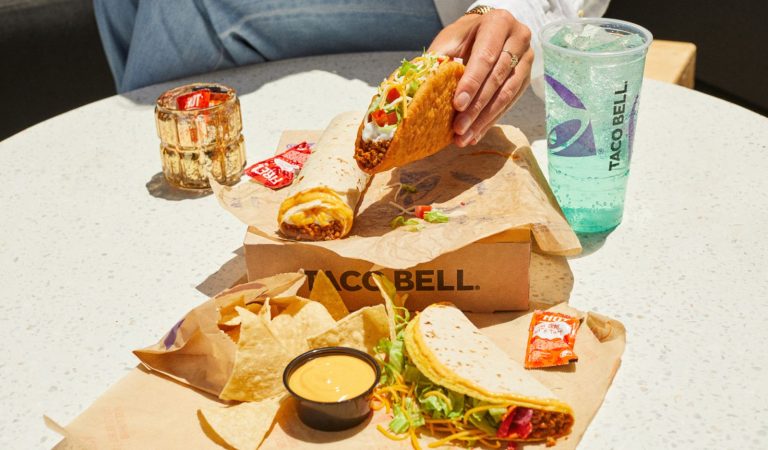What is the Difference between Digital Marketing And Social Media Marketing?
What is the Difference between Digital Marketing And Social Media Marketing? Social media marketing focuses specifically on marketing through social media platforms.
Digital marketing is a broad term that includes various online strategies like SEO, email marketing, and content marketing. Social media marketing, a subset of digital marketing, targets users on platforms like Facebook, Instagram, and Twitter. Both are essential for modern businesses but serve different purposes.
Digital marketing aims to reach a wider online audience, while social media marketing engages directly with users on social networks. Understanding the distinctions helps businesses create more effective marketing strategies. By leveraging both, companies can optimize their online presence and drive better results.
Core Concepts
Digital marketing encompasses a broad range of online strategies, while social media marketing focuses specifically on platforms like Facebook and Instagram. Both aim to boost brand visibility and engagement.
Digital Marketing Channels
Digital marketing uses various channels to reach customers. These include search engines, email marketing, content marketing, and pay-per-click (PPC). Each channel targets a specific audience. Digital marketing aims to cover all aspects of the internet.
It increases visibility and drives traffic to websites. It can be both paid and organic. Marketers often use tools like Google Analytics. These tools help to track and measure performance.
Social Media Platforms
Social media marketing focuses on platforms like Facebook, Twitter, Instagram, and LinkedIn. It aims to engage with users and build a community. Social media posts can be organic or paid ads. Engaging content is crucial for success.
Social media marketing is often more interactive. It encourages likes, shares, and comments. This form of marketing is dynamic and changes rapidly. Marketers need to stay updated with trends.
Key Differences
Digital marketing covers many online channels. It includes SEO, email marketing, and content marketing. Social media marketing focuses on platforms like Facebook, Instagram, and Twitter. Digital marketing reaches a wider audience. Social media marketing targets specific platform users.
Digital marketing uses data from various sources. It helps in targeting and personalization. Social media marketing relies on user interactions. It includes likes, shares, and comments. Digital marketing offers multiple ways to engage. Social media marketing allows real-time interaction.
Strategies And Techniques
Digital marketing includes many methods. SEO improves website rankings. PPC ads drive traffic quickly. Email marketing keeps customers engaged. Content marketing builds trust and authority. All tactics work together. They aim for broader reach. Each method targets different audiences.
Social media focuses on engagement. Platforms like Facebook and Instagram are key. Posting regularly builds followers. Using hashtags increases visibility. Creating shareable content boosts reach. Engaging with comments fosters community. Running ads targets specific groups. Social media is more direct. It creates instant connections.
Tools And Technologies
Digital marketing tools help businesses reach customers online. These tools include SEO software for improving search engine rankings. Email marketing platforms send newsletters and promotions. Analytics tools track website traffic and user behavior.
Content management systems help create and manage website content. PPC advertising tools manage paid ads on search engines. Marketing automation tools streamline marketing tasks.
Social media tools help manage and grow social media presence. Social media management platforms schedule posts and track engagement. Analytics tools measure social media performance. Content creation tools assist in designing posts and stories.
Social listening tools monitor brand mentions and trends. Influencer marketing platforms connect brands with influencers. Ad management tools run and optimize social media ads.
Metrics And Analytics
Digital marketing encompasses various online strategies to reach consumers, while social media marketing focuses specifically on engaging audiences through social platforms. Analytics track performance and effectiveness for both, highlighting unique strengths and areas for improvement.
Measuring Digital Marketing
Metrics for digital marketing include website traffic, bounce rates, and click-through rates. Conversion rates and return on investment (ROI) are also key metrics. Tools like Google Analytics help track these metrics. Email open rates and cost per click (CPC) are important too. Digital marketing uses multiple channels for data.
Measuring Social Media Impact
Social media impact focuses on engagement rates and follower growth. Likes, shares, and comments are crucial metrics. Social media platforms offer built-in analytics. Post reach and impressions measure content visibility. Audience demographics help tailor content. Sentiment analysis gauges public opinion.
Read More
How to Find the Right Digital Marketing Agency?
Benefits And Challenges
Digital marketing reaches a wide audience. It is very cost-effective. You can track results easily. There are many tools to help. Some people find it hard to learn. There is a lot of competition. It can be time-consuming. You need to stay updated with trends.
Social media marketing connects with customers fast. It is great for brand awareness. You can engage with your audience directly. It is low-cost or free. It can be tricky to measure success. Negative feedback can spread quickly. You need to post often. It requires creativity and time.
Case Studies
Nike created a powerful digital marketing campaign. Their “Just Do It” campaign reached millions. It used email marketing, content marketing, and SEO. The campaign drove brand awareness and engagement. Nike saw a significant boost in sales. The campaign was a great success.
Coca-Cola launched a successful social media campaign. They created the #ShareACoke campaign. Fans shared personalized Coke bottles on social media. The hashtag went viral. Coca-Cola saw a huge increase in social media engagement. Their sales grew rapidly. The campaign showed the power of social media.
Conclusion
Understanding the difference between digital marketing and social media marketing is crucial. Digital marketing is an umbrella term, while social media marketing is a subset. Both strategies are essential for online success. Choose the right approach based on your goals.
Master these techniques to maximize your brand’s online presence and reach.







